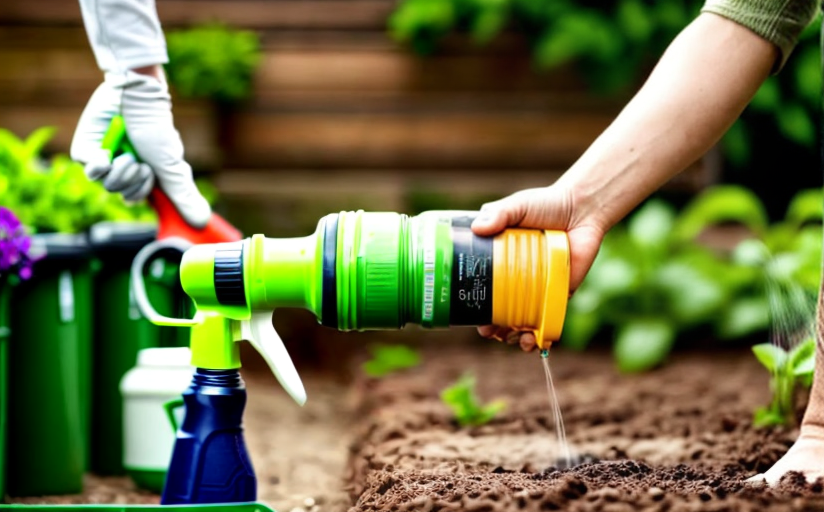The Impact of Pesticides Usage in Home Gardens
In recent times, the use of pesticides has become a hot topic of discussion within the home gardening community. Many are unsure whether its usage is harmful to them, their families, neighbors, pets, and the environment as much as it is beneficial to the plants. In this article, we'll explore the impacts of pesticides usage in home gardens, analyze its potential health risks, examine the benefits and offer possible natural alternatives.
The Health Risks of Pesticides
Studies highlight several potential health risks associated with pesticide exposure. A research published in the 2002 issue of Environmental Health Perspectives concludes an association between home garden pesticide use and increased risk of developing Parkinson's disease. Children, too, run significant risks. A research paper from 2013 in PLoS ONE suggests that prenatal exposure to organophosphates can impact cognitive and behavioral development. The potential negative impact on pets is also substantial, with the Journal of Veterinary Diagnostic Investigation revealing an increased risk of cancer in pets exposed to lawn care products. The threats extend to our environment where it contaminates water supplies and harms non-target organisms.
The Benefits of Pesticides in Home Gardens
Despite these risks, many maintain that pesticides are essential for home gardening, claiming that such products keep destructive pests at bay, ensuring the growth and survival of plants. According to Crop Protection, without the use of pesticides, nearly half of the world’s crops could be lost to pests and diseases. For many home gardeners, the threats from pests and the potential loss of months of hard work outweigh the health and environmental risks posed by these chemicals.
Natural Alternatives to Pesticides
Thankfully, there exist several natural alternatives to pesticides. One such method is biological control—utilizing the pests' natural enemies to control their numbers. Companion planting is another method to repel pests. For example, planting marigolds around tomatoes can deter several common garden pests. Introducing beneficial insects like ladybugs and praying mantis can also reduce pest populations.
A Way Forward in the Pesticides Debate
In summary, the risks associated with the use of pesticides in home gardening are considerable, impacting human and animal health and the environment. While they do provide considerable benefit in controlling pests, one might argue that the risks and potential damages outweigh the benefits. Considering the various natural alternatives at disposal, it may not be compulsory to rely on pesticides. However, the ultimate choice ultimately depends on individual gardener’s perspective and priorities.
With the negative impacts becoming more apparent, it’s essential to consider pesticide-free techniques in our pursuit of maintaining a lively, pest free garden. By reducing our reliance on pesticides, we can create healthier and safer green spaces for all to enjoy.



















Comments
Leave a Comment